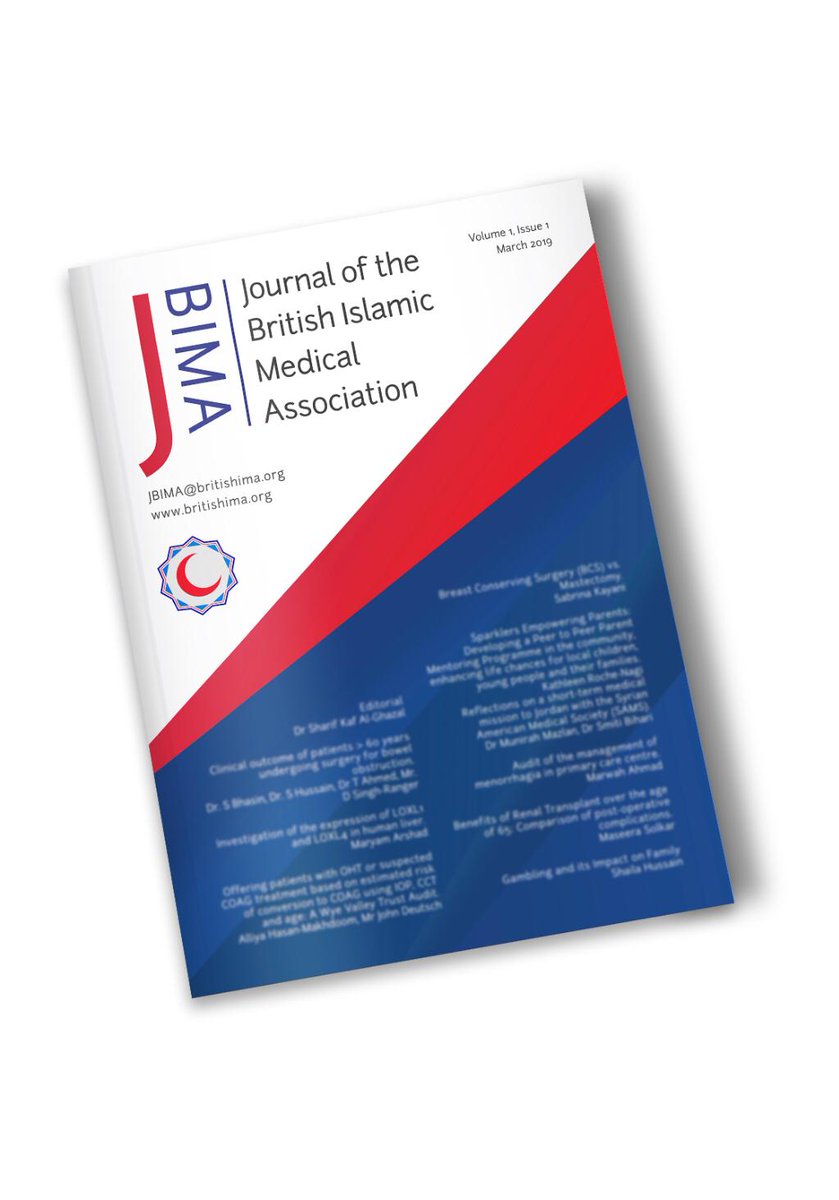
Dear Editor,
I write this letter to call for a standardisation and unification of healthcare advice by prominent British Muslim faith leaders and British Muslim health organisations. These two pillars of the British Muslim community could combine their efforts whereby Islamic advice documents could be published to provide sound medical guidance in collaboration with senior British Muslim faith leaders. Given the disproportionate number of Muslim deaths due to COVID-19, a clear ‘medical fatwa’ could potentially save hundreds if not thousands of lives.
During this pandemic, the current approach to publishing advice documents related to COVID-19 to address healthcare issues for the British Muslim communities requires revision. Since lockdown began, we have seen circulation of a plethora of Islamic judicial and healthcare-related advice regarding COVID-19 for British Muslims. We are seeing many documents circulated online labelled fatwas by muftis and senior scholars and labelled guidance documents by healthcare professionals. A variety of other titles are also being used by a number of Islamic organisations and freelance Muslim scholars. The differences in focus between the producers of fatwas and guidance documents appear to be giving birth to this plethora of other hybrid documents that resemble the linguistic style of fatwas. These hybrid documents appear to function as either ‘medically informed fatwas’ or ‘Islamically informed medical advices’.
Plurality of views is to be expected. However, a more thoughtful discussion needs to take place with regard to matters of great magnitude that relate to life and death on a national scale. Whilst we can respect differences of opinion with regard to methodology, we need to converge on answers and solutions with regard to the sanctity of life. Perhaps the pandemic will drive British Muslims to combine their efforts. Perhaps, in future, as a result of this crisis, we may even produce a single, clear ‘medical fatwa’ endorsed by a council of senior Muslim faith leaders and healthcare professionals – to achieve a greater, more coherent scholarly response to any given national crisis.
‘Medical fatwas’ could prove to be invaluable to overcome the ambiguity and seemingly contradictory information. Research has also shown that the Muslim community is highly likely to seek advice more from Muslim physicians. The Muslim community is also likely to seek advice from Muslim faith leaders. Importantly then, a hadith instructs ‘al-mustashaar al-mu’taman’ meaning the one whose advice is sought, is in a trusted position. Trust bears responsibility. In medical cases, this could be a matter of life and death. The prophetic solution to such issues is to question our ignorance, put aside sectarianism, and combine our efforts and knowledge to serve in thebest interest of all people.
British Muslim scholars and healthcare professionals have combined their efforts over the past few years, as is evident from the efforts made to promote organ donation among Muslims in the UK. We have also witnessed the ultimate sacrifice many Muslim healthcare professionals, young and old, have made for the nation. Such efforts and sacrifices can be owed to the spirituality and inspiration drawn from the sacred Qur’an and the Prophetic Sunnah. These sacred sources inspire generations to be affectionate, sympathetic, and responsible as well as the teachings therein promote strong ethics and clear long-term goals with clear strategies.
Our ‘ijtihad jama’I’ meaning collective reasoning agrees that life is sanctified and is more dignified in the eyes of the Creator than the Ka’ba itself. We, therefore, need to prioritise our areas of conflict, develop an action plan, and look for opportunities to progress. We are seeing our masajid utilised as vaccine hubs because prevention is better than cure – educating the public is the greatest cure to prevent the spread of ignorance.
As British Muslims look to faith leaders for advice, do faith leaders really want to be beholden to 1400 years of sectarianism and polemics when we have discussions on such contemporary national matters? Do we really want to assist the minority of scholars who continue to ignore sound medical advice when they advise their congregation on serious health matters whilst the vast majority of British Muslims seek a clear ‘medical fatwa’? Ultimately, who does not benefit from such polemics? British Muslims.
I urge all Muslim healthcare professionals and Muslim faith leaders to take this to the next phase, a post-COVID-19 phase. A new phase-in which we challenge intolerance and sectarianism and welcome a more inclusive discussion with the best interests of the people in mind. Such a journey in these unprecedented times will insha Allah not only benefit the British population but also make us, in the words of Prophet Ibrahim (Alahissalam), ‘lisaansidqinfi’lakhireen’ – meaning honourable in the eyes of future generations.
I pray that Allah Subhanahu wa Ta’ala keeps us all safe and grants us mental, physical, and spiritual well-being always.
Mufti Usman Maravia
National Director – BIMA Ethics Team
15th Sha’ban 1442 AH
29thMarch 2021

